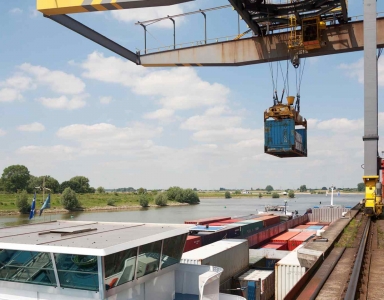What will change in the new Horizon Europe (2021-2027) Research Programme?
The European Commission (EC) is working on a plan for the successor of Horizon 2020, aptly named ‘Horizon Europe’. A first draft of the suggested improvements has been circulating this summer. What are the key improvements drafted in this document?
First of all, the EC has proposed to increase the budget for Horizon Europe with 30% to € 100 billion (Science|Business, 2018).
Six main improvements for the Horizon Europe Programme
An article on the Science|Business website (Science|Business, 2018) summarizes these plans:
- Simpler and fewer partnerships
At this moment many complex research partnerships coexist in Horizon2020 such as P2P, PPP, ERA_NET and FET Flagship. The EC plans to create a new partnership structure under the umbrella of the ‘European Partnership Initiatives’. This would lead to fewer, but more coherent and clearly defined research partnerships. - Bridging the east-west divide
Three initiatives to address the discrepancy between the allocated funds to eastern versus western EU countries are presented. Existing programs that stimulate cooperation between west and east EU countries are expanded. - Growing bigger, more competitive companies
European companies currently remain too small to compete globally. The in 2017 started European Innovation Council will address the acceleration of bringing innovations to the market. This is done via the SME Instrument, Fast track to Innovation and FET Open. Furthermore, this is combined with alternative financial instruments such as loans and equity. - More open access
Open access will be the general rule in Horizon Europe, and financial instruments to encourage open science practices may be deployed. - Greater foreign access
With the aim to further stimulate international cooperation it will become easier for countries with excellent R&D outside the EU, such as the UK after Brexit, to gain access to Horizon Europe as associated partners. - Better communication towards citizens
Horizon Europe aims to increase the communication to the public and societal impact and endeavors to make research “readily understandable to the public and captivating in nature”. A theme such as achieving plastic-free oceans by 2030 is an example of this effort.
The plans for Horizon Europe will crystalize in the coming months, but the above mentioned highlights will likely prominently figure in the next drafts. In any event, it is very likely that the budget for research in Europe will be raised substantially!
Hezelburcht will keep you posted on further news from Brussels.







